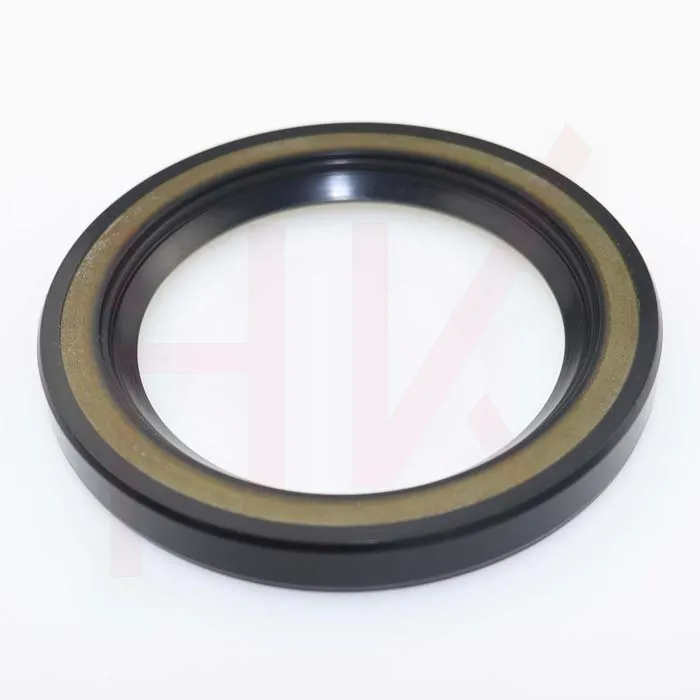Sep . 19, 2024 10:53 Back to list
cylinder oil seal
Understanding Cylinder Oil Seals Their Importance and Applications
Cylinder oil seals, also known as rotary shaft seals or simply oil seals, play a crucial role in various mechanical systems. These seals are designed to prevent the leakage of lubricants and fluids while keeping contaminants out of the machinery. This is particularly important in systems that rely on precise lubrication for optimal performance and longevity.
What are Cylinder Oil Seals?
Cylinder oil seals are typically made from elastomeric materials that provide flexibility and durability. They are composed of a sealing element, a metal case, and sometimes have additional features like springs to enhance sealing effectiveness. The primary function of these seals is to ensure that oil or lubricating fluid does not escape from the cylinder, which could lead to reduced performance, overheating, or potential mechanical failure.
Applications of Cylinder Oil Seals
These seals are widely used in various applications, including automotive engines, hydraulic systems, and industrial machinery. In automobiles, oil seals are integral to the engine’s operation, safeguarding vital components like the crankshaft and camshaft. Without effective oil seals, oil could leak, causing not only inefficiencies but also significant engine damage over time.
cylinder oil seal

In hydraulic systems, cylinder oil seals prevent contamination from external particles, which can lead to system failure. They ensure that hydraulic fluid remains confined, enabling the system to operate efficiently and deliver the necessary power for operations such as lifting and pressing.
Importance of Quality and Maintenance
The quality of cylinder oil seals is paramount. Poor-quality seals can lead to rapid wear and failure, resulting in costly repairs and downtime. When selecting oil seals, it is essential to consider factors such as the type of fluid being sealed, temperature ranges, and environmental conditions to ensure compatibility and durability.
Regular maintenance of machinery that employs cylinder oil seals is also critical. Operators should routinely check for signs of wear, leaks, or damage. Early detection of issues can prevent more extensive repairs and extend the lifespan of both the seals and the machinery as a whole.
Conclusion
In summary, cylinder oil seals are a vital component in many mechanical systems, ensuring efficient operation by containing lubricants and preventing contamination. Their role is indispensable in various industries, from automotive to industrial machinery. Choosing the right seal and maintaining it properly can result in improved performance and reduced operational costs. Understanding the significance of these seals can lead to better maintenance practices and ultimately enhance the reliability and efficiency of mechanical systems. As technologies evolve, the development of new materials and designs will continue to enhance the effectiveness of cylinder oil seals, contributing to advancements in machinery performance and durability.
-
Unlocking the Potential of Hydraulic Systems with Essential Sealing Solutions
NewsAug.06,2025
-
Unleash the Power of Your Hydraulic Systems with Our Premium Seal Kits
NewsAug.06,2025
-
Specialized Hydraulic Seal Kits for Breakers, Pistons, and Presses
NewsAug.06,2025
-
Revitalize Hydraulic Systems with Premium Repair and Seal Kits
NewsAug.06,2025
-
Fortify Your Cylinders with Premium Sealing Solutions
NewsAug.06,2025
-
Elevate Hydraulic System Reliability with Specialized Seal Kits
NewsAug.06,2025
-
TCN Oil Seal Metal Ring Reinforcement for Heavy Machinery
NewsJul.25,2025
Products categories
















